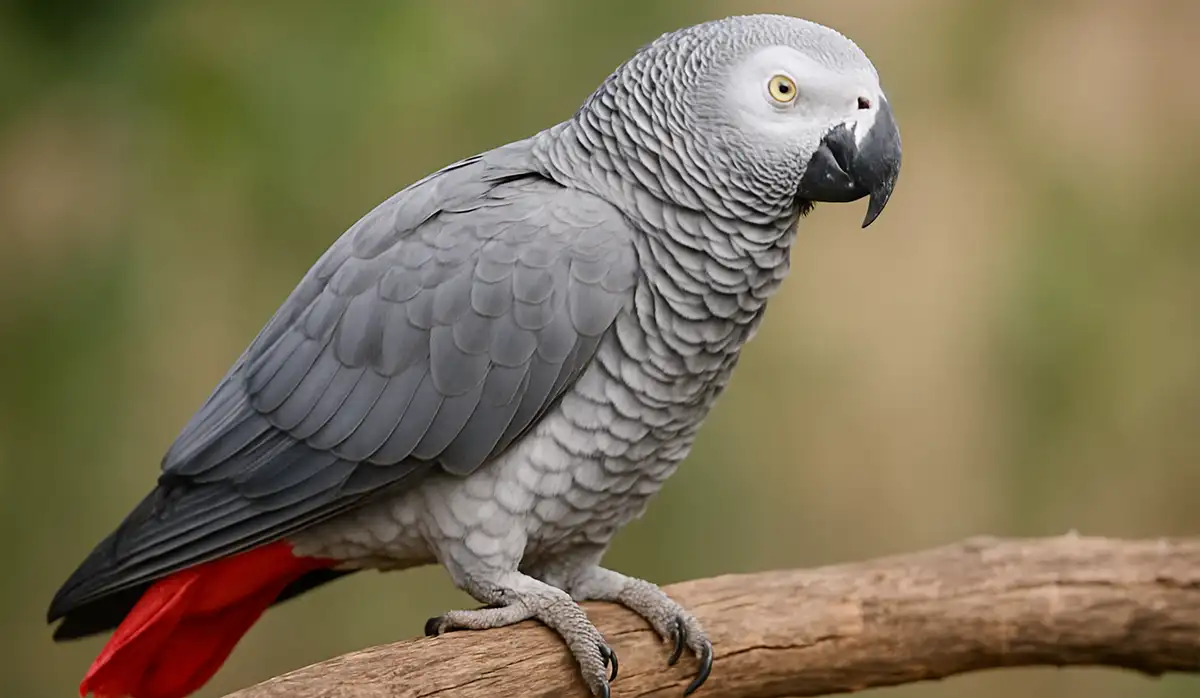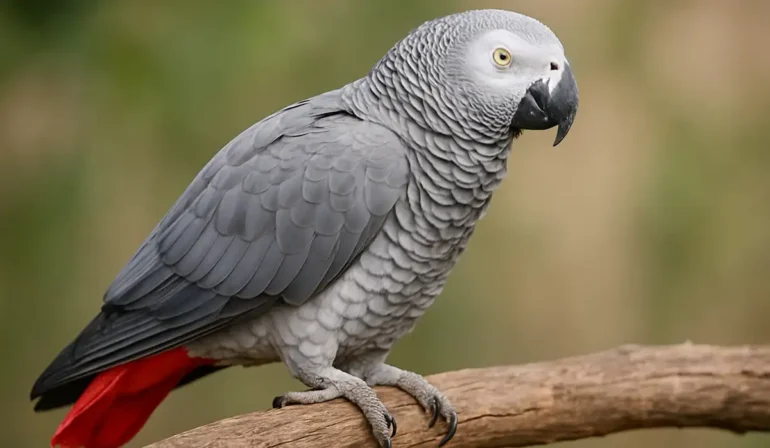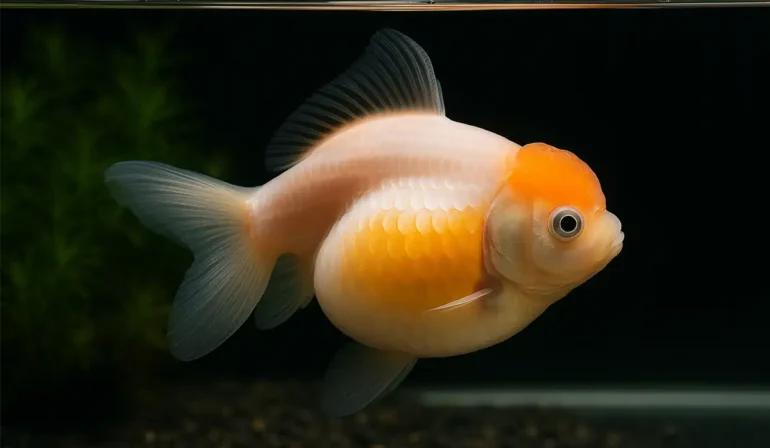7 Tips for Good Exotic Pet Care
By Pet Luvz on February 5, 2025

A Comprehensive Guide to Keeping Your Exotic Pet Care House Animals Happy
Table of Contents:
- Introduction
- Tip 1: Understand the Specific Needs of Common Exotic Pets
- Tip 2: Create an Appropriate Habitat
- Tip 3: Pay Attention to Diet and Nutrition
- Tip 4: Socialization and Environmental Enrichment
- Tip 5: Regular Veterinary Care
- Tip 6: Knowing When to Seek Professional Exotic Pet Sitting
- Tip 7: Keeping Up with Legalities and Licensing
- Conclusion
Introduction
It can be a thrill to take care of house pets, which are Exotic Pet Care, yet sometimes very challenging. Be you a beginner in owning a pet or a veteran caregiver, 7 Tips for Good Exotic Pet Care will keep your just-so-exotic pets in the very best care possible. This extensive guide takes you through important tips and pointers for a happy, healthy life for your unique animals.
Tip 1: Understand the Specific Needs of Common Exotic Pets

Each exotic pet has unique needs. Get to know its behavior, life expectancy, and general needs. For instance, reptiles often require certain temperatures and humidity levels, whereas birds may require plenty of social interaction.
- Extensive research into the pet’s origin can help in simulating their natural habitat.
- Participate in forums and communities: Discuss experiences and exchange tips with other exotic pet owners.
Tip 2: Create an Appropriate Habitat

Exotic house pets are always thriving in environments that closely resemble their natural settings.
- Temperature control: Reptiles and amphibians require proper warmth. Buy quality heat lamps and thermometers.
- Humidity and ventilation: Most exotics have humidity requirements. Monitoring and proper equipment will help in achieving the needed humidity.
- Space and enrichment: Ensure that there is ample space for movement and mental stimulation. Accessories like branches for birds or hiding spots for small mammals are included.
Tip 3: Pay Attention to Diet and Nutrition

A proper diet is most important for the good care of exotic pets.
- Species-specific diets: Different kinds of exotic pets have different types of dietary needs. You could research or seek advice from your vet to provide a balanced diet.
- Fresh and high-quality food: Always provide fresh and appropriate food. Never provide processed or aged food items.
- Supplements: Some pets like reptiles will require calcium or vitamin supplements in order to prevent deficiencies.
Tip 4: Socialization and Environmental Enrichment

Social interaction is paramount, especially to social species within exotic house pets.
- Interactive toys: Provide interactive toys that help stimulate the instincts and habits of your pet.
- Human interaction: Take quality time handling and playing with your pets, unless they are species that prefer minimum human contact.
- Diverse environments: Change their habitat setup to give them different experiences and remove boredom.
Tip 5: Regular Veterinary Care

Routine checkups by a vet that specializes in exotics.
- Scheduled checkups: One can identify early any potential problem that may arise.
- Emergency care: Keep a relationship with a vet who offers emergency services for exotic pets.
- Parasite control: Regular de-worming and checkup against parasites, common in exotics.
Tip 6: Knowing When to Seek Professional Exotic Pet Sitting

Sometimes you can’t always be home to your simply exotic pets. Knowing when to let the pros take care of things is important.
- Find qualified sitters: Look for experienced exotic pet sitters who understand the specific needs of your pets. Searches such as reptile pet sitter or exotic pet sitting may produce some results.
- Detailed instructions: Ensure that your pet sitter has extensive care instructions and access to emergency contacts.
- Test drive: Have a test run prior to the actual need to be sure your pet is comfortable with the sitter.
Tip 7: Keeping Up with Legalities and Licensing

Many pets are classified as exotics and are subject to specific legal requirements.
- Check local laws: Ensure your pet is legal in your region and compliant with local regulations.
- Required licenses: Some ownership licenses are specific to certain exotic animals. Always be updated on requirements.
- Ethical sourcing: Your pet should have been sourced ethically, thus contributing towards helping conserve the species rather than exploiting them.
Conclusion
More work and research go into the care of exotic house animals, but the payback is definitely worth it. Follow these 7 tips for good exotic pet care to ensure that your exotic house pets lead happy, healthy lives. If you have any other suggestions or found these helpful, feel free to share your thoughts in the comments below. Let’s create a community devoted to the well-being of simply exotic pets!
YOU MAY ALSO LIKE
Top Pick
-

7 Proven Benefits of Fresh Pet Dog Food for Daily Health
January 11, 2026
-

African Grey Parrot: A Smart, Loving, and Talkative Companion
July 22, 2025
-

5 Best Canister Filters for Crystal Clear Water in Your Pet Fish Tank
July 8, 2025
-

Is Pumpkin Good for Cats? Everything You Need to Know
July 5, 2025
-

Swim Bladder Treatment: Solutions for Aquarium Fish Health
July 3, 2025











